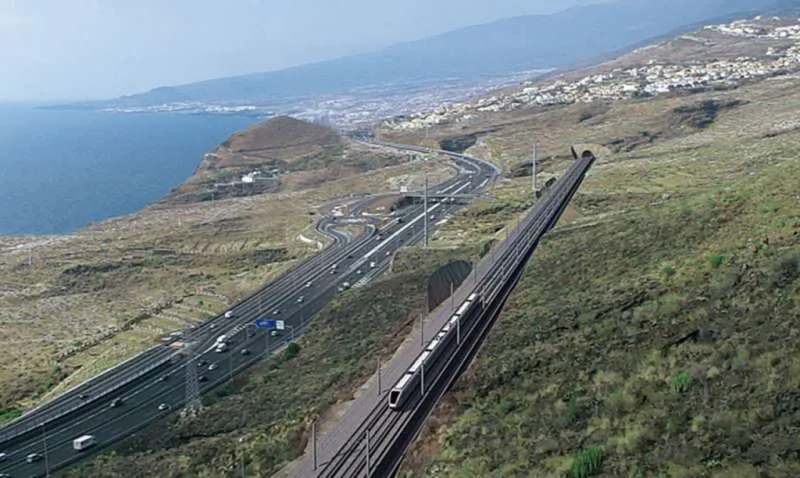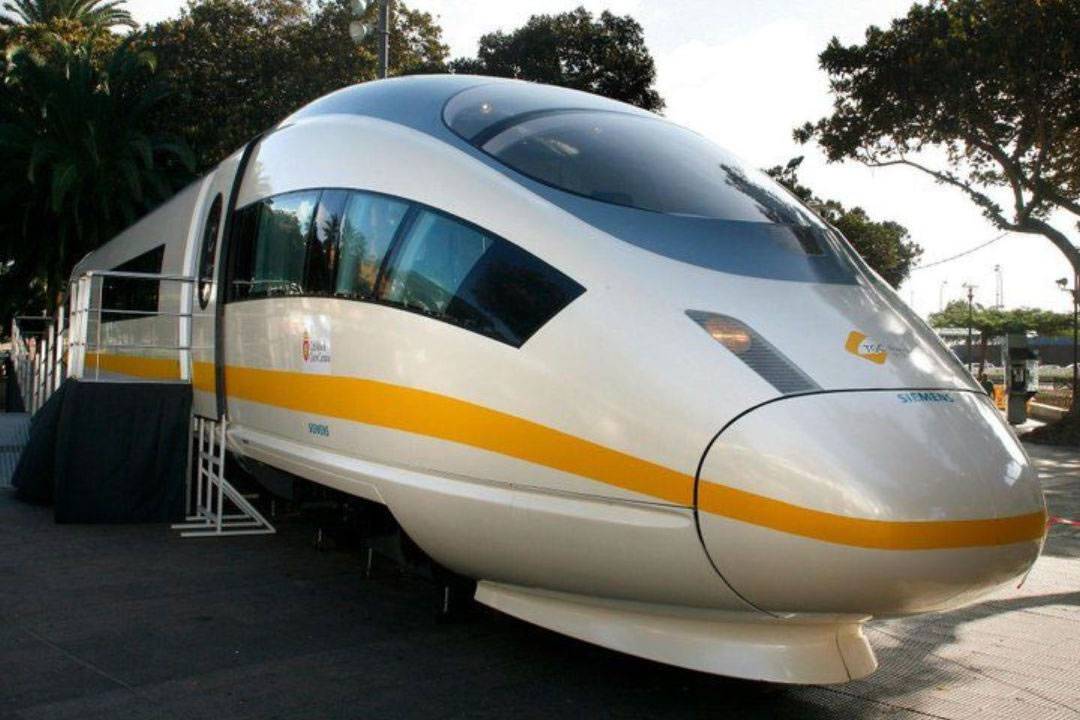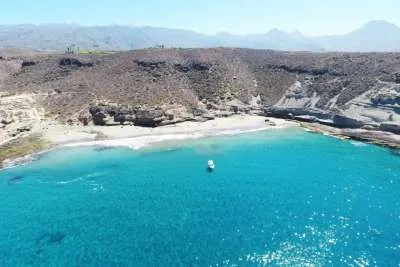Trains for Tenerife and Gran Canaria closer than ever following state backing
- 13-02-2025
- National
- Canarian Weekly
- Photo Credit: Gobierno de Canarias
The prospect of railway systems in Tenerife and Gran Canaria is closer to becoming a reality after a landmark meeting between the Canary Islands Government, the Spanish State, and the cabildos of both islands, in which the parties have agreed to sign a protocol that will provide the necessary guarantees for the development of these railway projects.
“The meeting marks a historic milestone in the development of railway systems in Tenerife and Gran Canaria, solidifying the State’s firm commitment to these strategic infrastructures.
Never before have we been this close to securing funding and obtaining a declaration of general interest for projects that will be key to a modern and sustainable transport model for our islands,” stated Rosa Dávila, President of the Tenerife Cabildo.
A Year of Technical and Political Coordination
Dávila emphasised that the meeting was the result of a year of intensive technical work and coordination among the various administrations. She highlighted that the protocol to be signed is not just a statement of intent but the first concrete step toward making these railway infrastructures a reality.
Regional Minister for Public Works, Housing, and Mobility, Pablo Rodríguez, underlined the significance of the agreement, stating that, for the first time, the Ministry of Transport and Sustainable Mobility has demonstrated clear and decisive support for railway infrastructure in the Canary Islands.
He noted that the protocol, expected to be signed before the end of March, will serve as a roadmap agreed upon by all parties, reinforcing a political and public commitment to recognising the rail network as a strategic and common-interest project.
Following the protocol’s signing, Rodríguez added, there would be an opportunity to integrate the necessary funds and mechanisms into national legislation to secure a financial agreement with the State, ensuring stable funding for the railway projects in Tenerife and Gran Canaria.
Long-Term Funding and European Support
The Secretary of State for Transport and Sustainable Mobility, José Antonio Santano, expressed the government’s commitment to advancing sustainable mobility in the Canary Islands. He described the protocol as the right tool to define objectives, set priorities, and outline the methodology for delivering these vital transport projects.
Gran Canaria Cabildo President, Antonio Morales, reaffirmed that the islands are closer than ever to achieving their railway ambitions. However, he stressed the importance of progressing with the protocol to pave the way for specific agreements with each cabildo to turn these plans into reality.
Dávila also announced that one of the key agreements reached was the structuring of railway funding through a multi-year agreement spanning ten years, with the potential to extend to 17 years. This framework would provide economic stability and enable realistic and sustained project planning.
Another crucial development is the push to incorporate the Canary Islands’ railway systems into the Trans-European Transport Network (TEN-T). This integration would allow the projects to access dedicated European funding for outermost regions, potentially covering up to 70% of the required infrastructure costs.
Progress on Tenerife’s Railway Project
Regarding Tenerife’s railway system, Dávila highlighted that the island already has a construction project in place, approved territorial planning, and is in the process of updating the environmental impact assessment. These steps, she said, will accelerate timelines and facilitate the implementation of a railway system tailored to Tenerife’s transport needs, particularly the long-discussed Tren del Sur project.
With growing institutional support and a clear commitment from the Spanish government, the long-awaited railway networks in Tenerife and Gran Canaria are now within reach, promising a transformative shift towards sustainable transport in the Canary Islands.

Other articles that may interest you...
Trending
Most Read Articles
Featured Videos
TributoFest: Michael Buble promo 14.02.2026
- 30-01-2026
TEAs 2025 Highlights
- 17-11-2025



























































